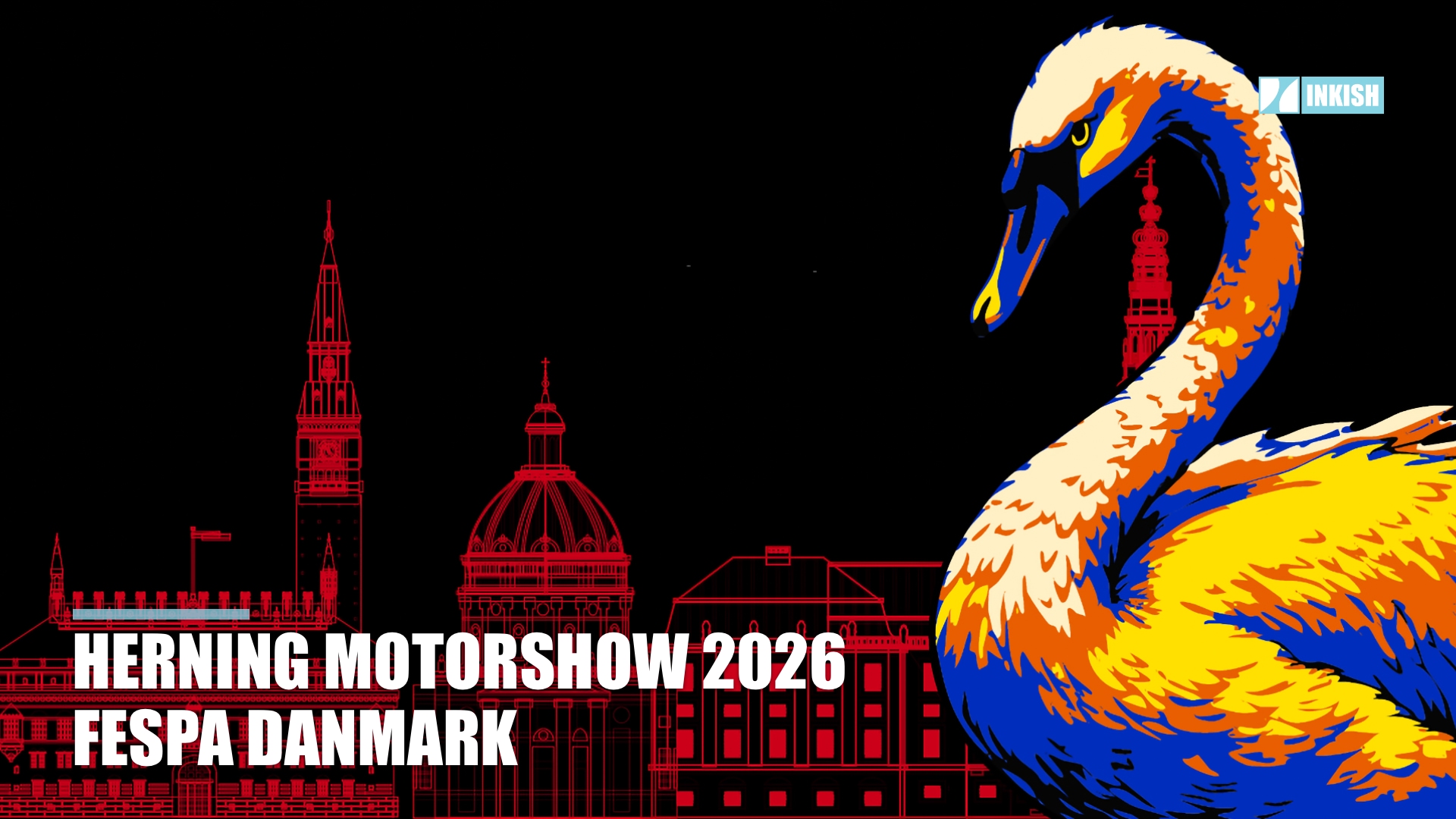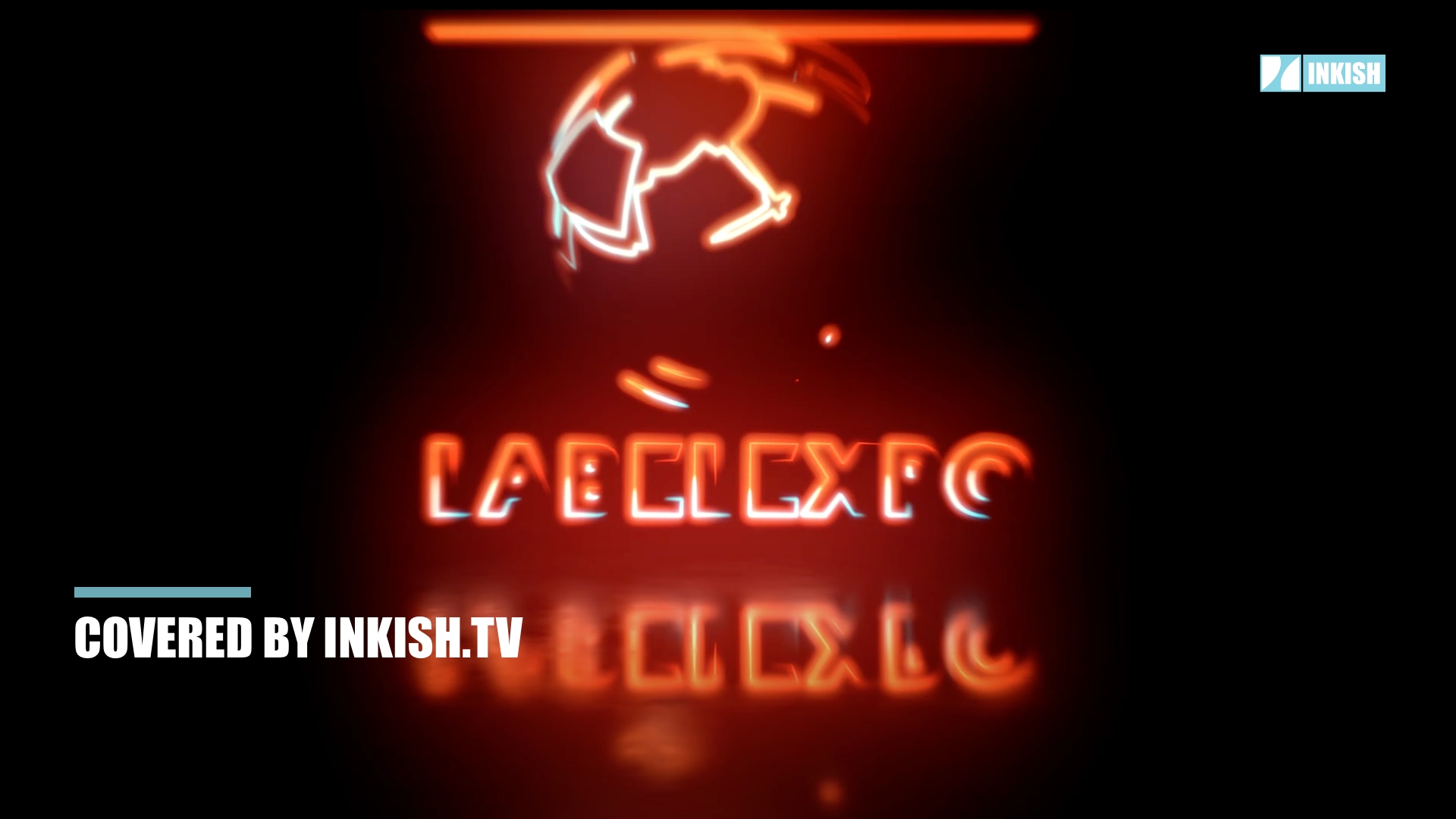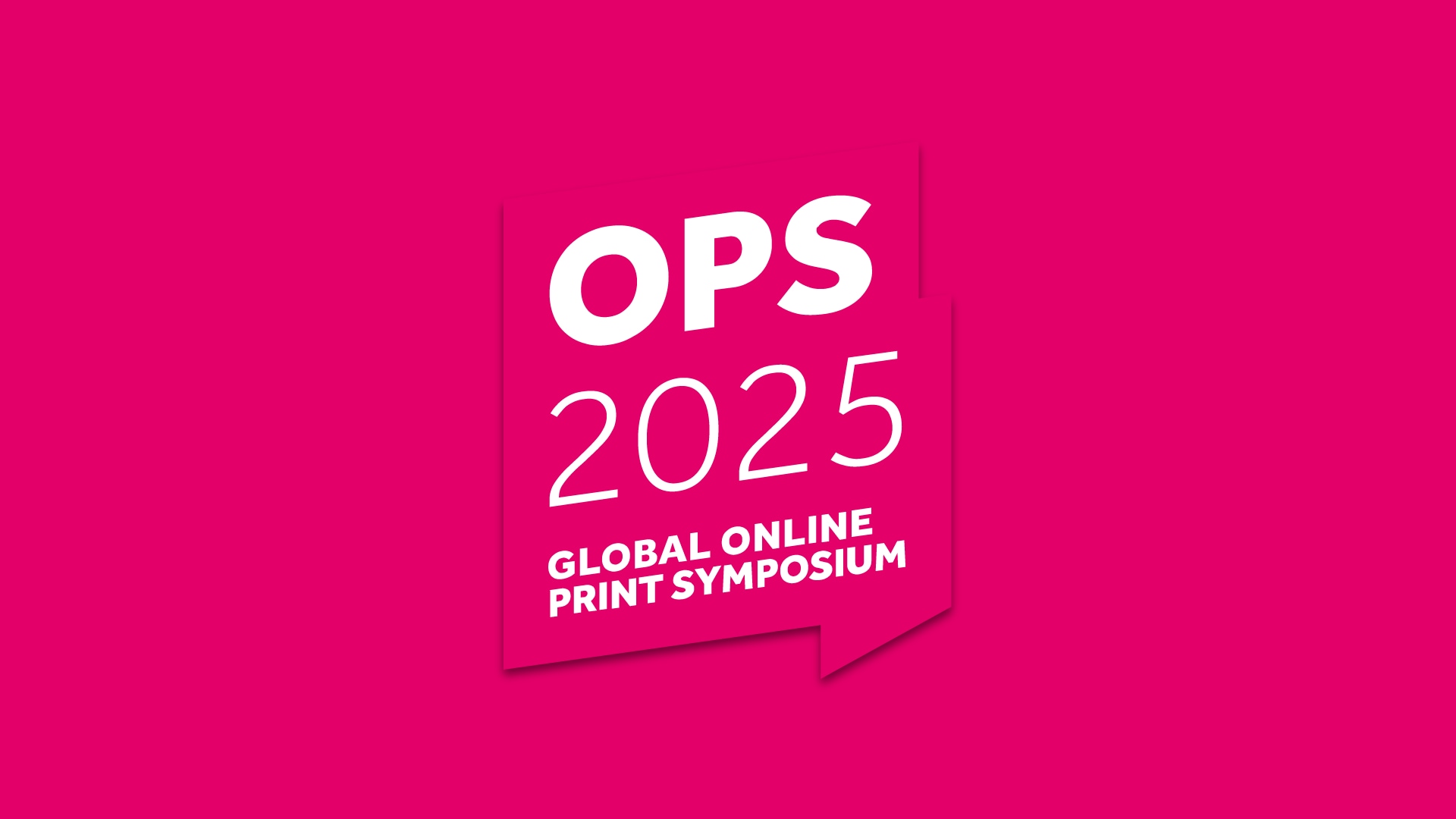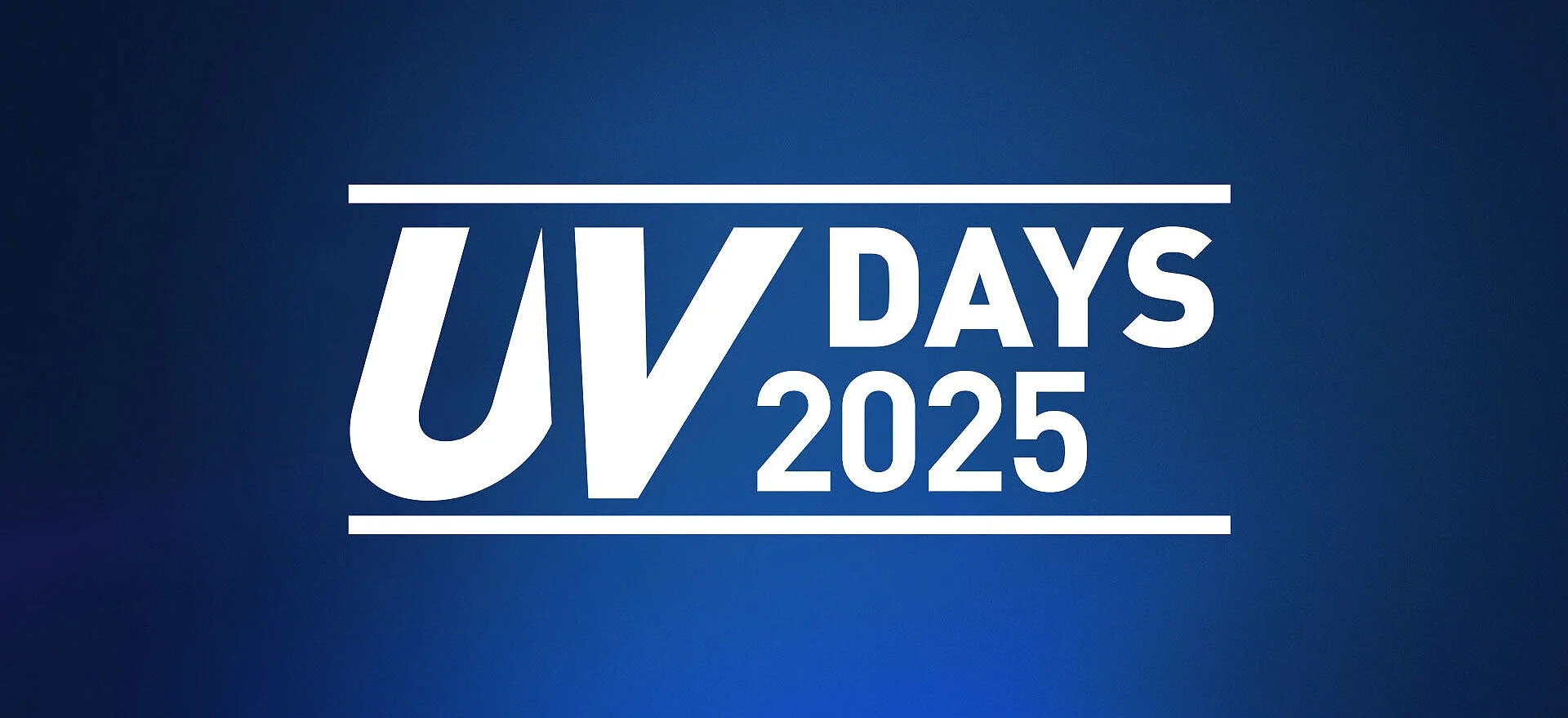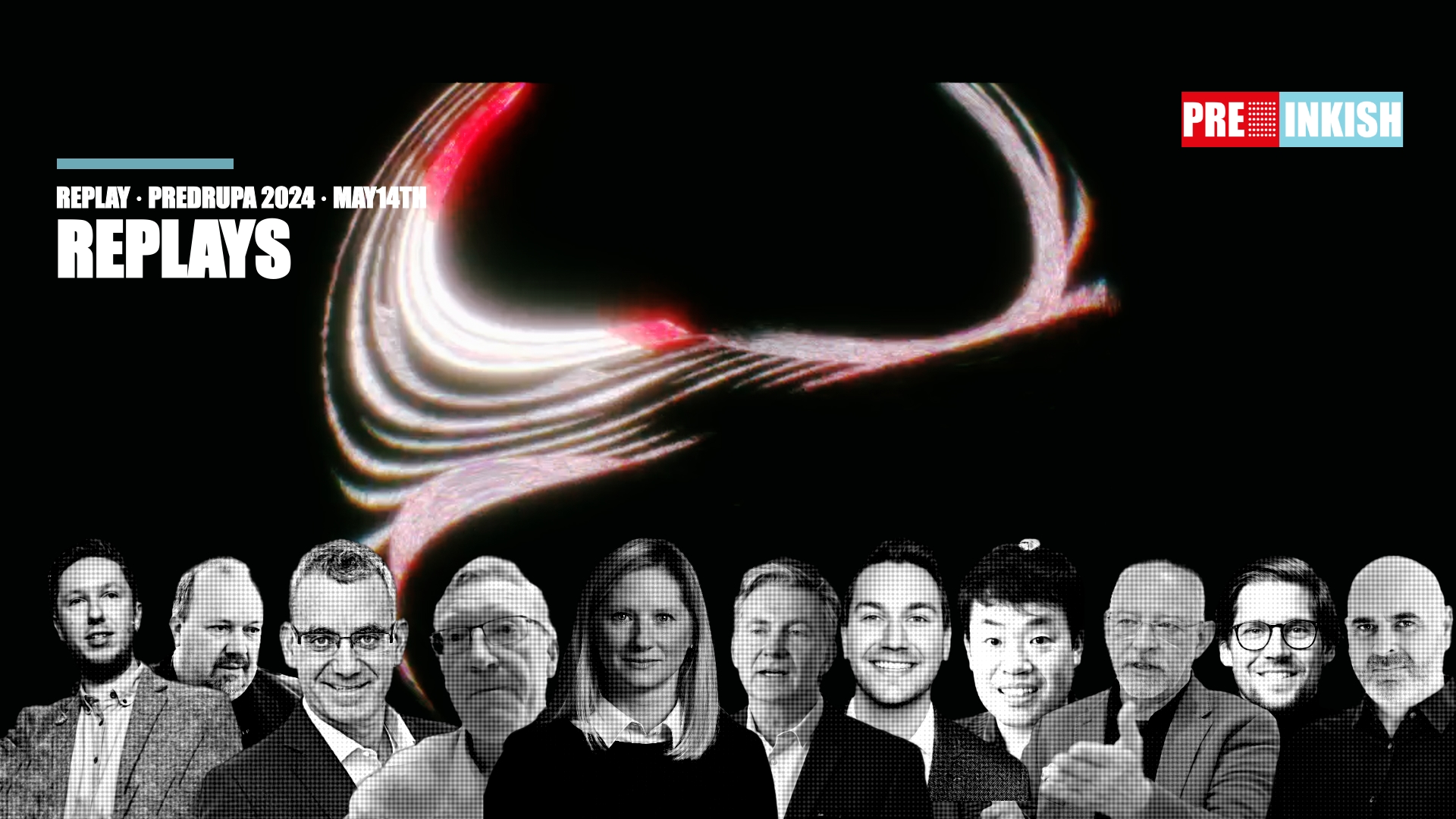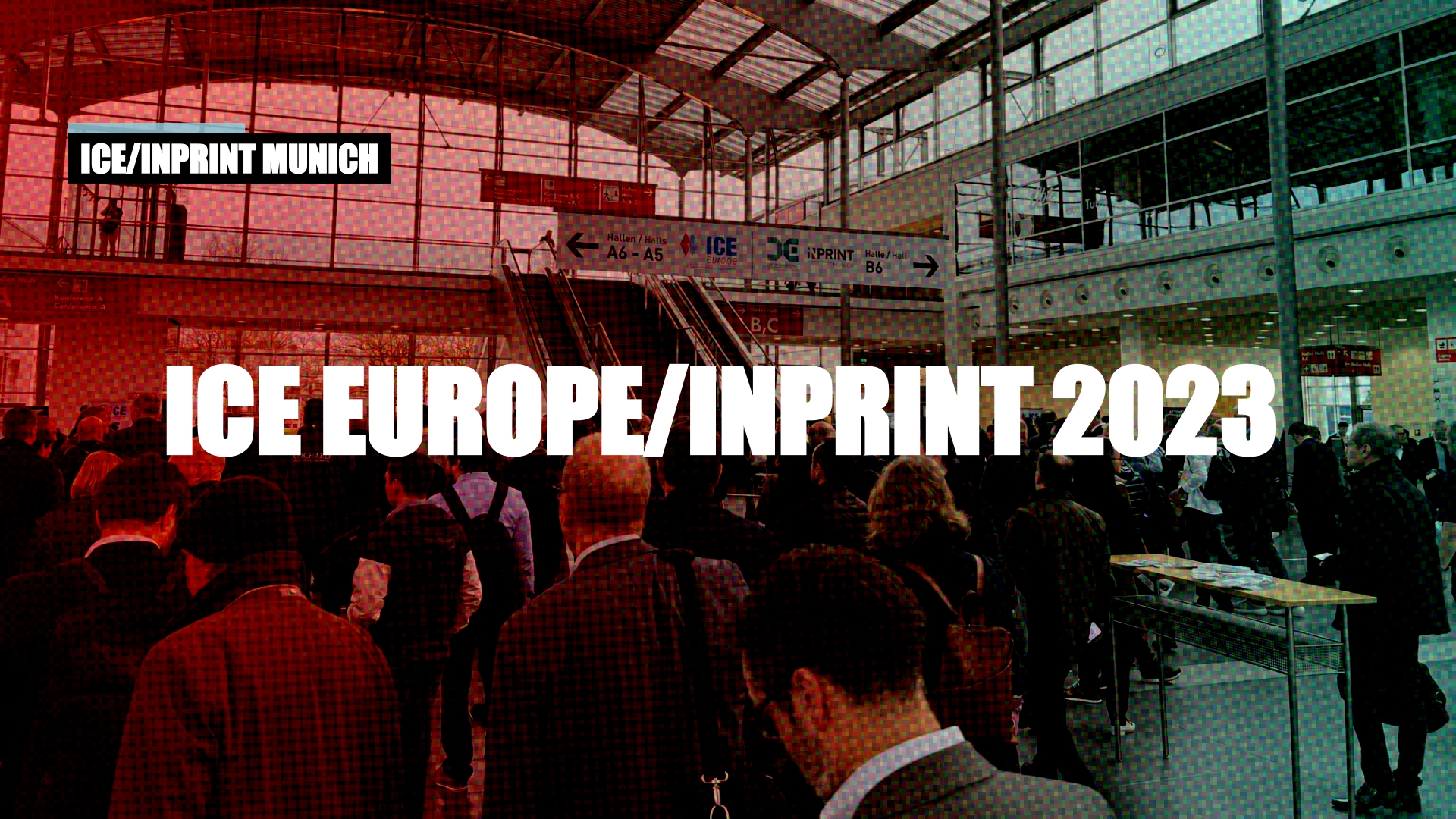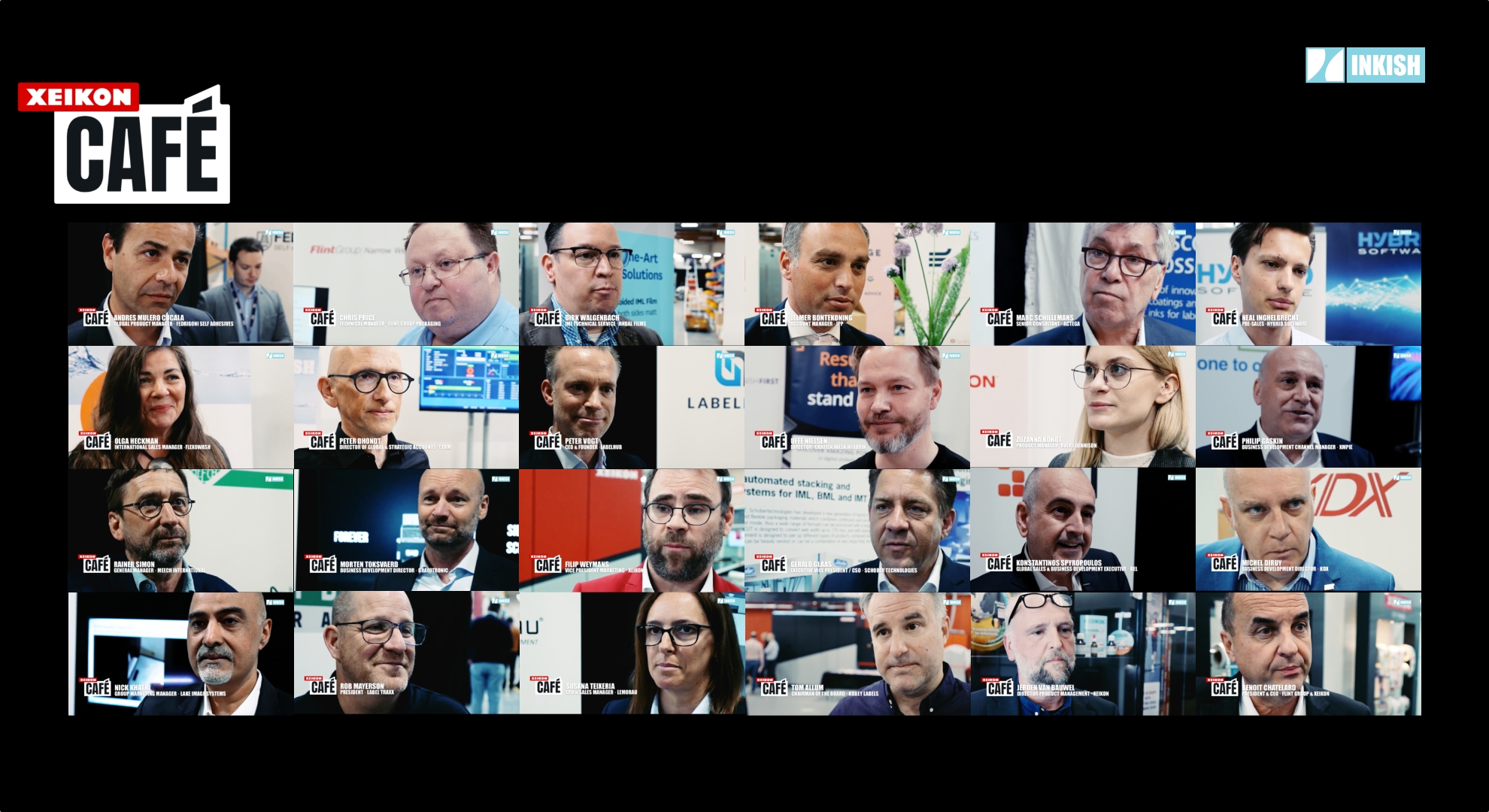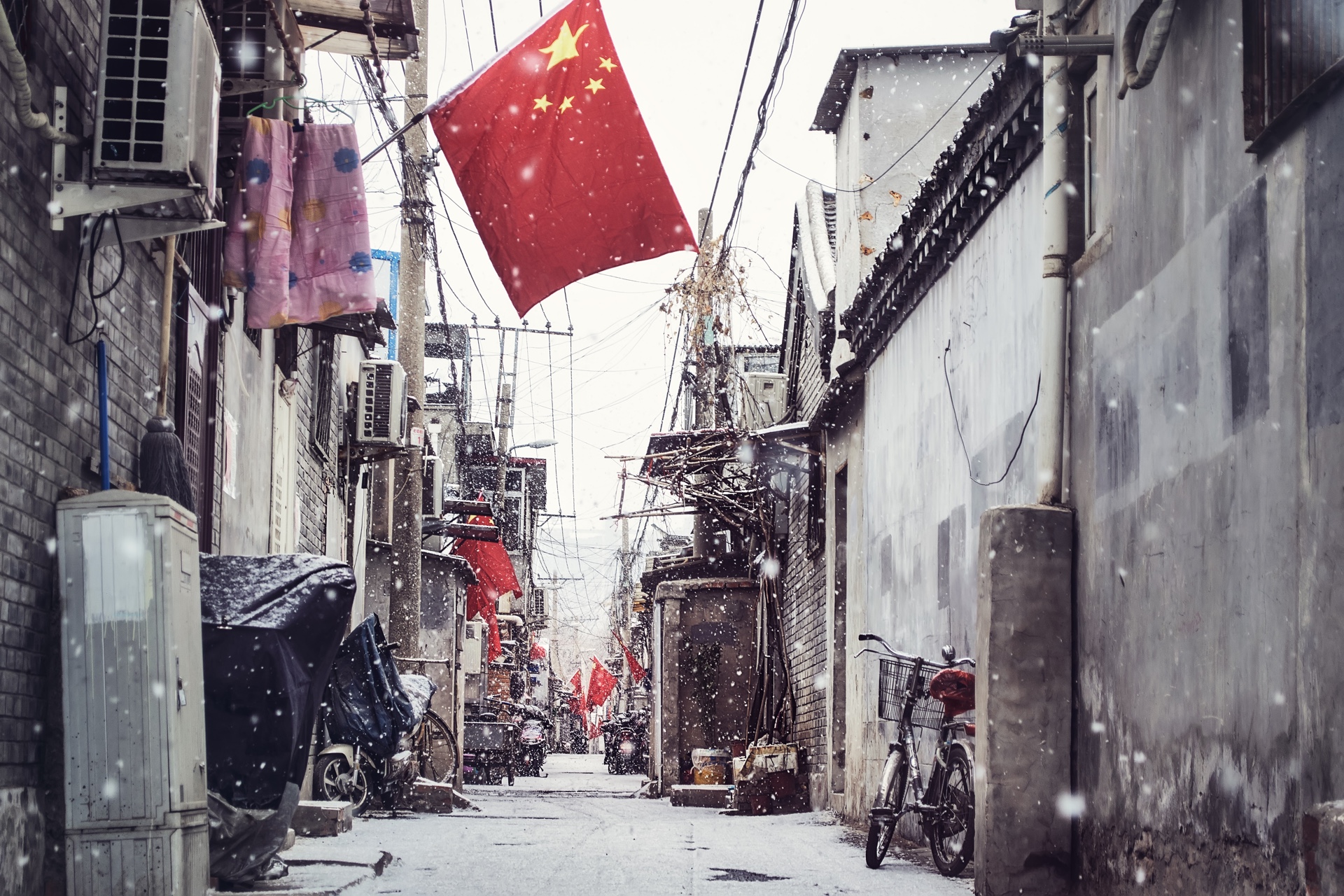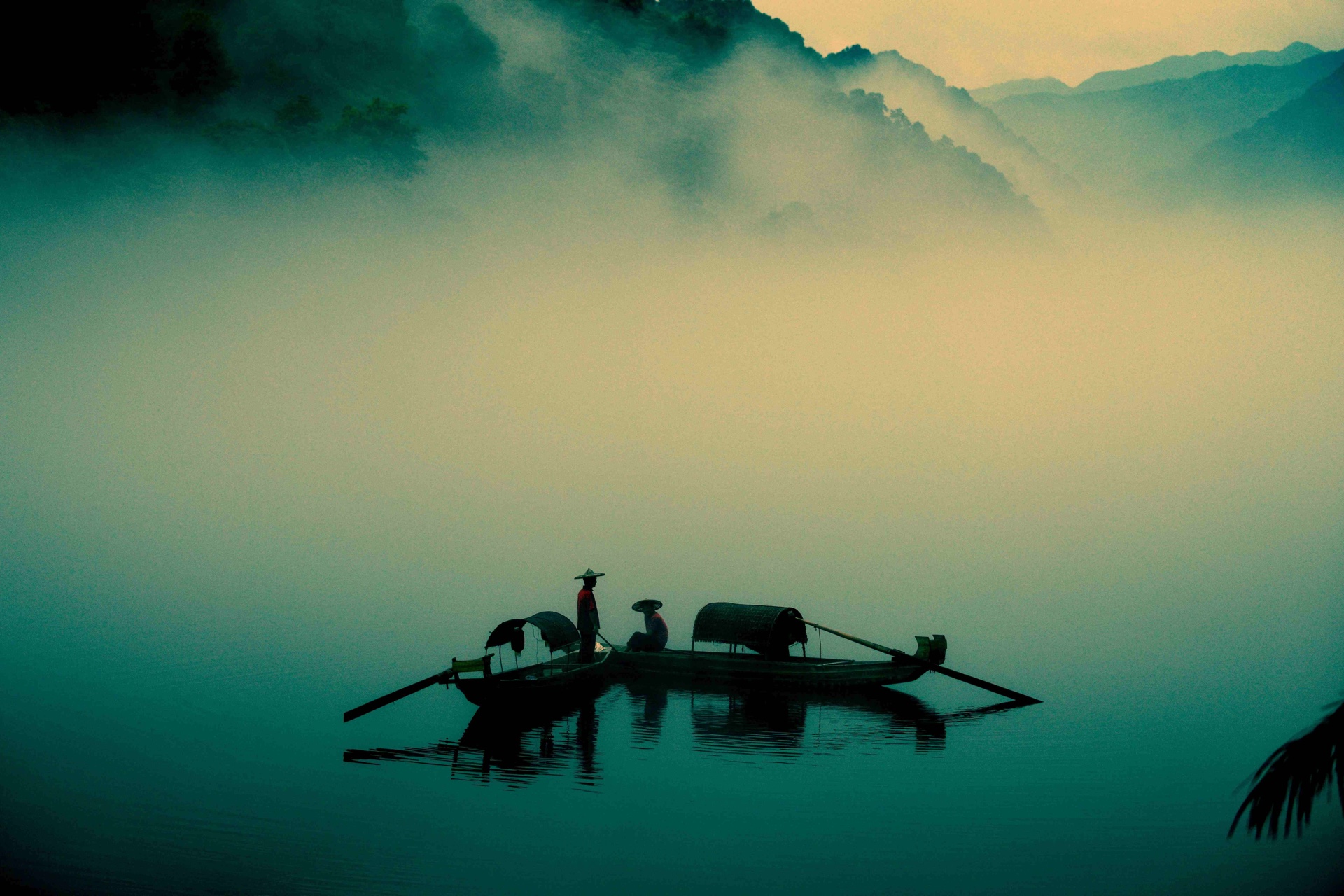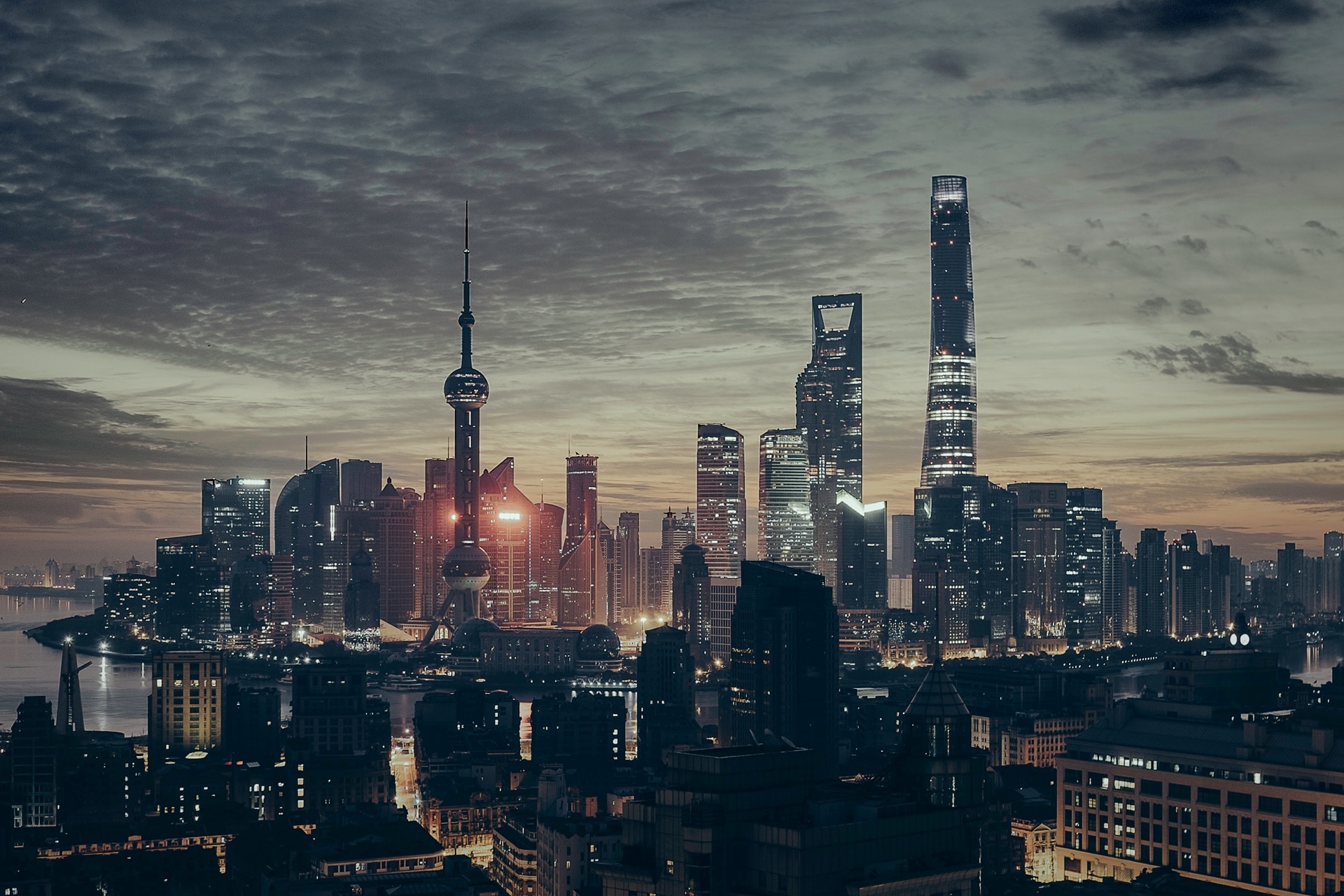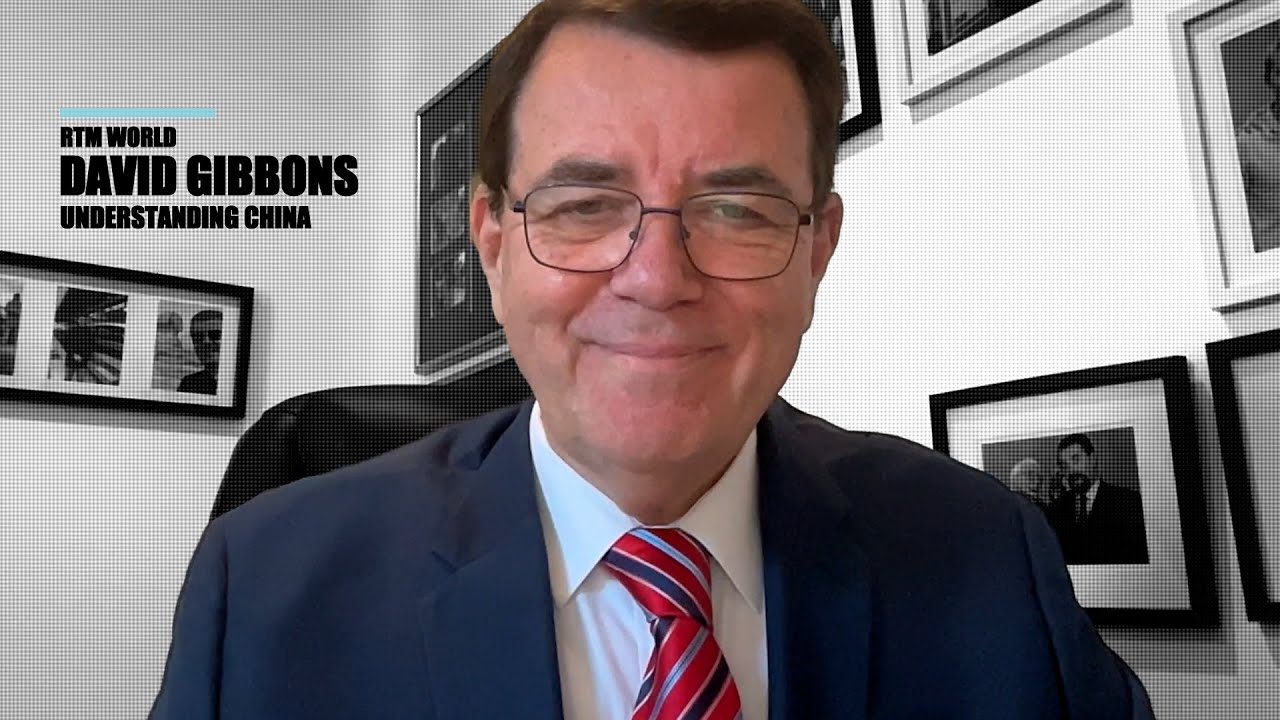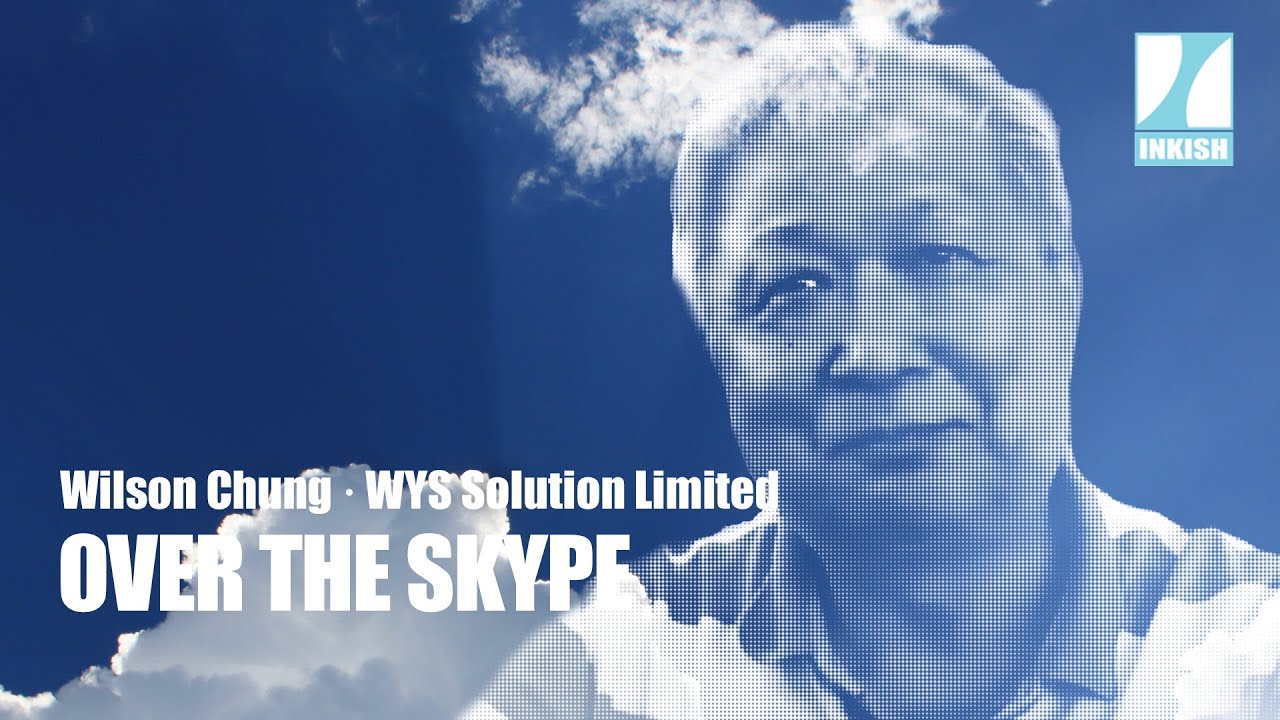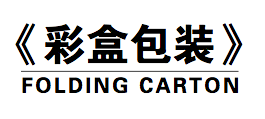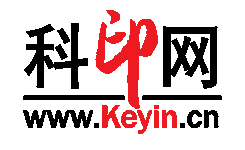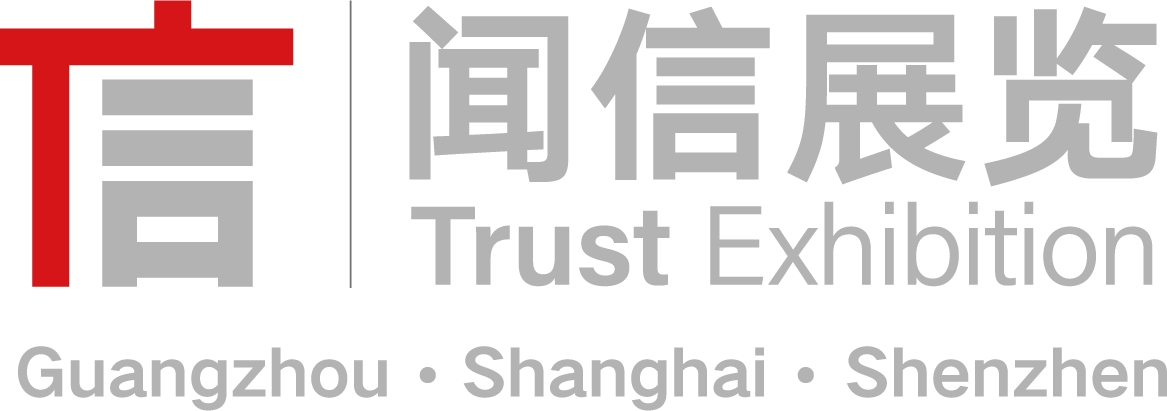China (Chinese: 中国; pinyin: Zhōngguó; lit. “Central State”), officially the People’s Republic of China (PRC), is a country in East Asia and the world’s most populous country, with a population of around 1.404 billion in 2017.[13] Covering approximately 9,600,000 square kilometers (3,700,000 sq mi), it is the third or fourth largest country by total area.[k][19] Governed by the Communist Party of China, the state exercises jurisdiction over 22 provinces, five autonomous regions, four direct-controlled municipalities (Beijing, Tianjin, Shanghai, and Chongqing), and the special administrative regions of Hong Kong and Macau.
China emerged as one of the world’s first civilizations, in the fertile basin of the Yellow River in the North China Plain. For millennia, China’s political system was based on hereditary monarchies, or dynasties, beginning with the semi-legendary Xia dynasty in 21st century BCE.[20] Since then, China has expanded, fractured, and re-unified numerous times. In the 3rd century BCE, the Qin reunited core China and established the first Chinese empire. The succeeding Han dynasty, which ruled from 206 BC until 220 AD, saw some of the most advanced technology at that time, including papermaking and the compass,[21] along with agricultural and medical improvements. The invention of gunpowder and movable type in the Tang dynasty (618–907) and Northern Song (960–1127) completed the Four Great Inventions. Tang culture spread widely in Asia, as the new Silk Route brought traders to as far as Mesopotamia and the Horn of Africa.[22] Dynastic rule ended in 1912 with the Xinhai Revolution, when the republic replaced the Qing dynasty. China as a whole was ravaged by Japan during World War II, and the subsequent Chinese Civil War resulted in a division of territory in 1949, when the Communist Party of China established the People’s Republic of China, a unitary one-party sovereign state on mainland China, while the Kuomintang-led nationalist government retreated to the island of Taiwan. The political status of Taiwanremains disputed.
Since the introduction of economic reforms in 1978, China’s economy has been one of the world’s fastest-growing with annual growth rates consistently above 6 percent.[23] According to the World Bank, China’s GDP grew from $150 billion in 1978 to $12.24 trillion by 2017.[24] According to official data, China’s GDP in 2018 was 90 trillion Yuan ($13.28 trillion).[25] Since 2010, China has been the world’s second-largest economy by nominal GDP[26] and since 2014, the largest economy in the world by purchasing power parity (PPP).[27] China is also the world’s largest exporter and second-largest importer of goods.[28] China is a recognized nuclear weapons state and has the world’s largest standing army and second-largest defense budget.[29][30] The PRC is a permanent member of the United Nations Security Council as it replaced the ROC in 1971, as well as an active global partner of ASEAN Plus mechanism. China is also a leading member of numerous formal and informal multilateral organizations, including the Shanghai Cooperation Organization (SCO), WTO, APEC, BRICS, the BCIM, and the G20. China has been characterized as an emerging superpower, mainly because of its massive population, economy, and military.[31][32][33]
Photo Credits:
Photo by zhang kaiyv on Unsplash
Photo by Adi Constantin on Unsplash
Photo by 郑 无忌 on Unsplash


